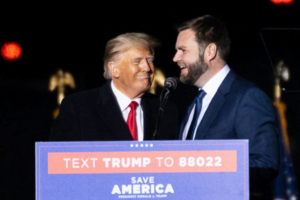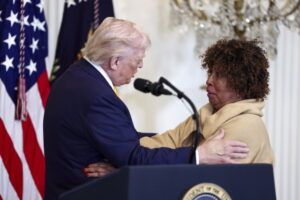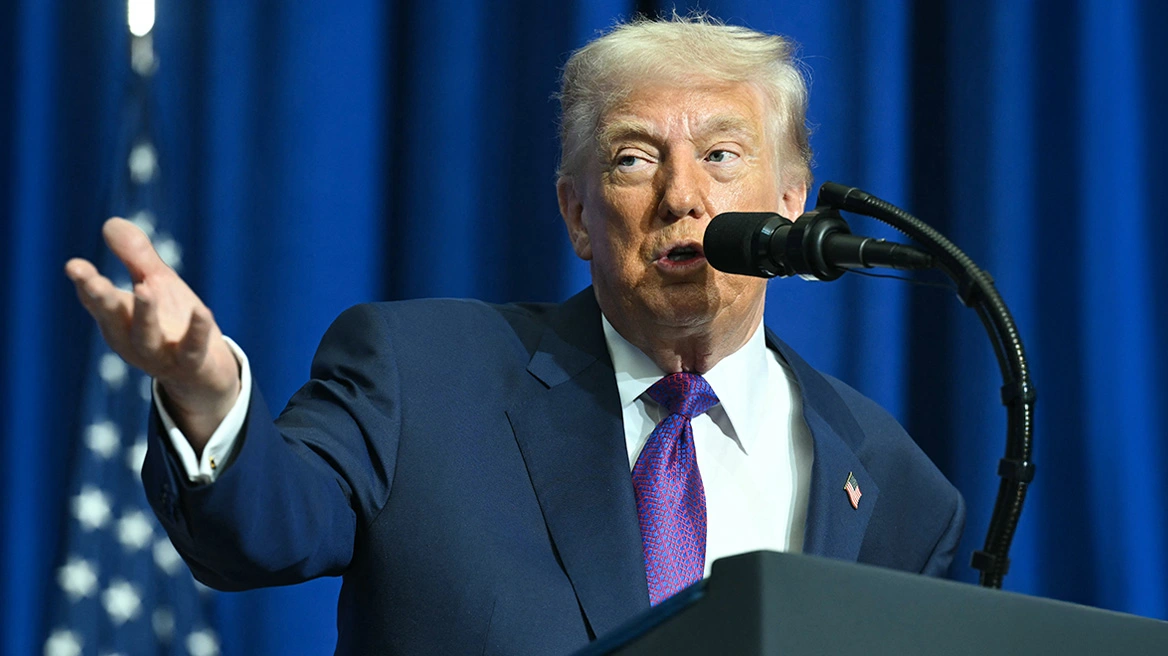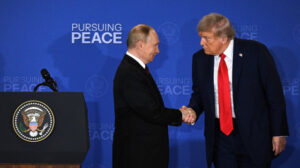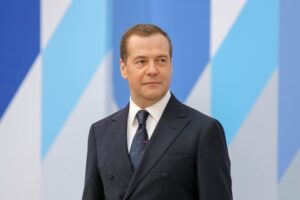Senator James David Vance from Ohio has been chosen by the now officially Republican presidential candidate Donald Trump as his Vice President, should he win the election.
Trump’s announcement of Vance’s candidacy, after comfortably securing the necessary votes to receive the Republican nomination, comes as no surprise given that Vance’s name had been mentioned as a possible choice for this position. However, it is somewhat surprising, considering that the 39-year-old Vance had once questioned if Trump was “America’s Hitler.”
Donald Trump stated that he made the decision “after long deliberations and considerations, taking into account the immense talents of many others.”
Earlier, Florida Senator Marco Rubio and North Dakota Governor Doug Burgum were informed that they were not Trump’s choice, according to people familiar with their conversation. These sources did so on the condition of anonymity.
In a post on Truth Social, Trump wrote:
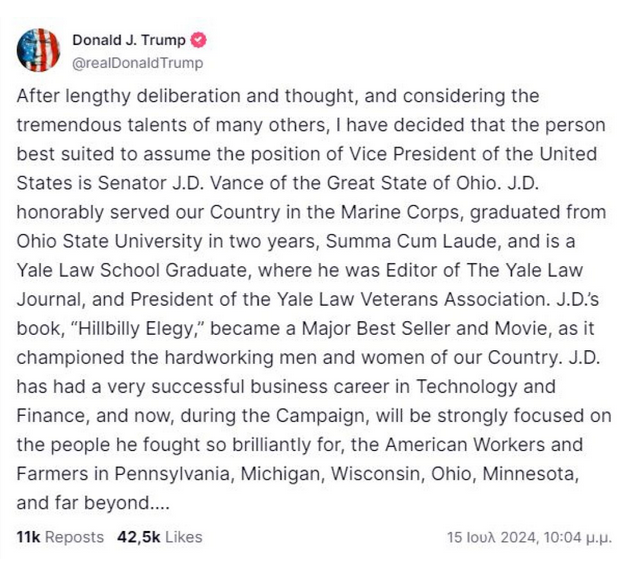
Who is J.D. Vance?
Born in 1984 in Middletown, Ohio, J.D. Vance comes from a working-class family of primarily Scottish-Irish descent. He enlisted in the Marine Corps for four years and served in Iraq before attending Ohio State University, where he earned degrees in political science and philosophy.
From there, he attended Yale Law School and subsequently wrote his memoir. In 2017, Vance returned to Ohio from California, where he had been working in biotechnology, and started his own venture capital firm with the support of PayPal founder Peter Thiel.
It is worth noting that Vance had previously criticized Trump. He had expressed strong opposition to Trump, using harsh terms.
However, over time, the 39-year-old moved closer to the circle of the Republican former president and current presidential candidate.
Vance was elected as a senator only in 2022. Notably, he was the first senator from Ohio without any prior political experience. He is a staunch opponent of abortion and a supporter of stricter immigration laws, including the construction of a border wall. In terms of foreign policy, he supports NATO but advocates for a shift in focus towards Asia. He is a vocal critic of U.S. military aid to Ukraine but a strong supporter of funding for Israel.
Ask me anything
Explore related questions
